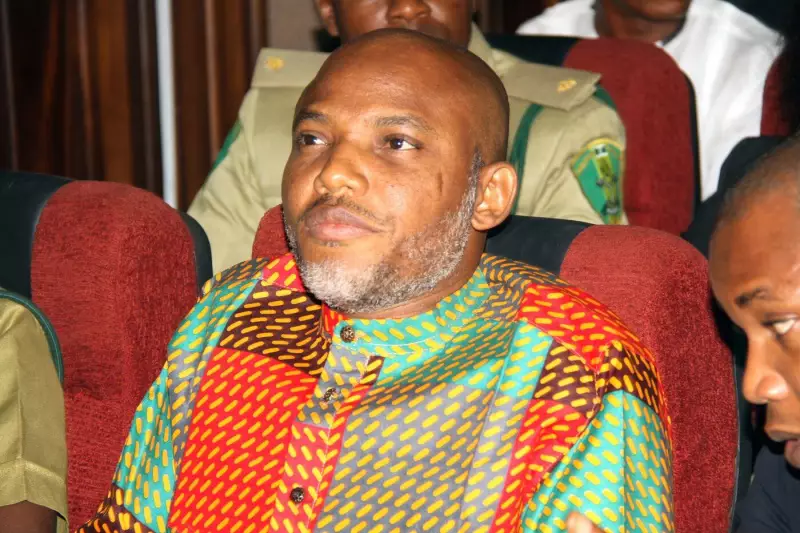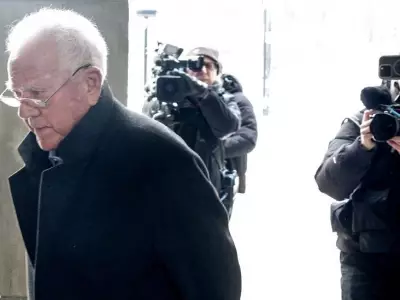
A Nigerian court has delivered a landmark verdict, convicting prominent separatist leader Nnamdi Kanu on charges related to terrorism. The ruling marks a critical juncture in a long-running legal and political saga that has captured national and international attention.
The Court's Ruling and Charges
The Federal High Court found Kanu guilty on November 20, 2025. The charges stem from his activities as the leader of the Indigenous People of Biafra (IPOB), a group he founded which agitates for the secession of southeastern Nigeria. The prosecution successfully argued that Kanu's broadcasts and public statements incited violence and promoted terrorism, leading to the court's conviction.
This is not the first time Kanu has faced the Nigerian justice system. He has been a central figure in legal proceedings for years, with a history of court appearances dating back to at least January 29, 2016, when he was seen at the Federal High Court in Abuja.
Background of the Separatist Movement
Nnamdi Kanu leads the movement for the creation of an independent state of Biafra, a cause that harks back to the Nigerian Civil War of 1967-1970. His organization, IPOB, has been a vocal critic of the Nigerian government and has organized numerous protests and civil disobedience campaigns.
The Nigerian government had previously designated IPOB as a terrorist organization, a label that Kanu and his supporters have consistently rejected. This conviction solidifies the state's legal stance against the group's leadership and its methods.
Implications and Next Steps
The conviction of a figure as prominent as Nnamdi Kanu is a significant event for Nigeria's domestic politics and its ongoing struggle with regional separatist movements. It demonstrates the government's continued resolve to use the judicial system to address security challenges.
Legal experts anticipate that Kanu's defense team will appeal the verdict, potentially prolonging the legal battle for months or even years to come. The sentencing phase will be closely watched, as it will signal the severity with which the Nigerian state views these offenses.
This case continues to highlight the deep-seated ethnic and political tensions within Africa's most populous nation, raising questions about national unity and the methods used to preserve it.






